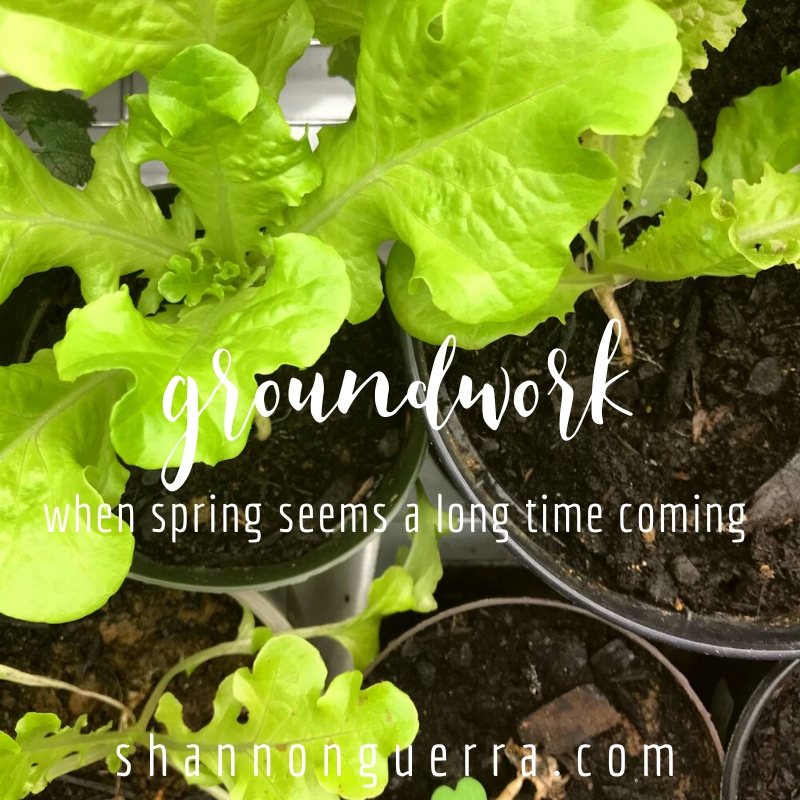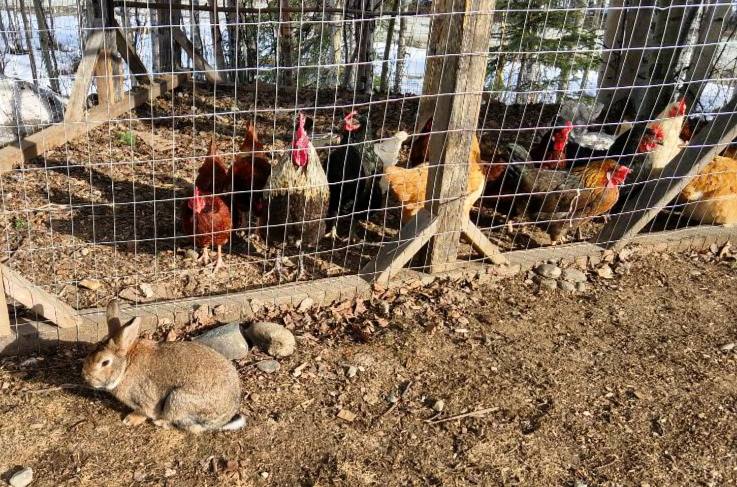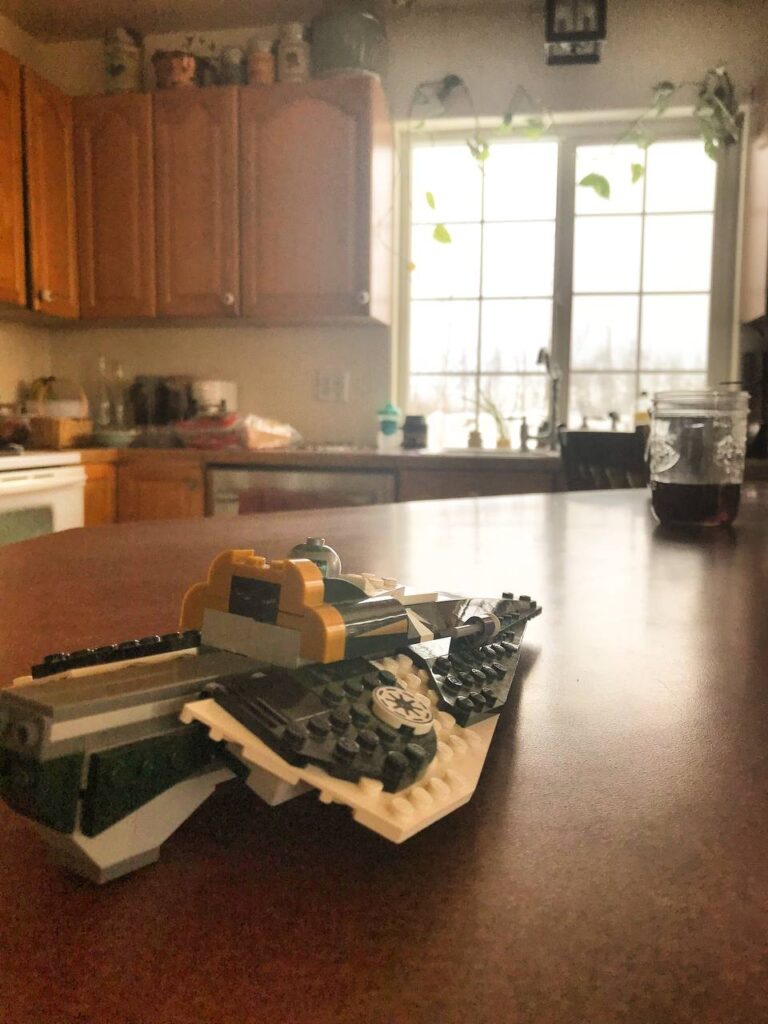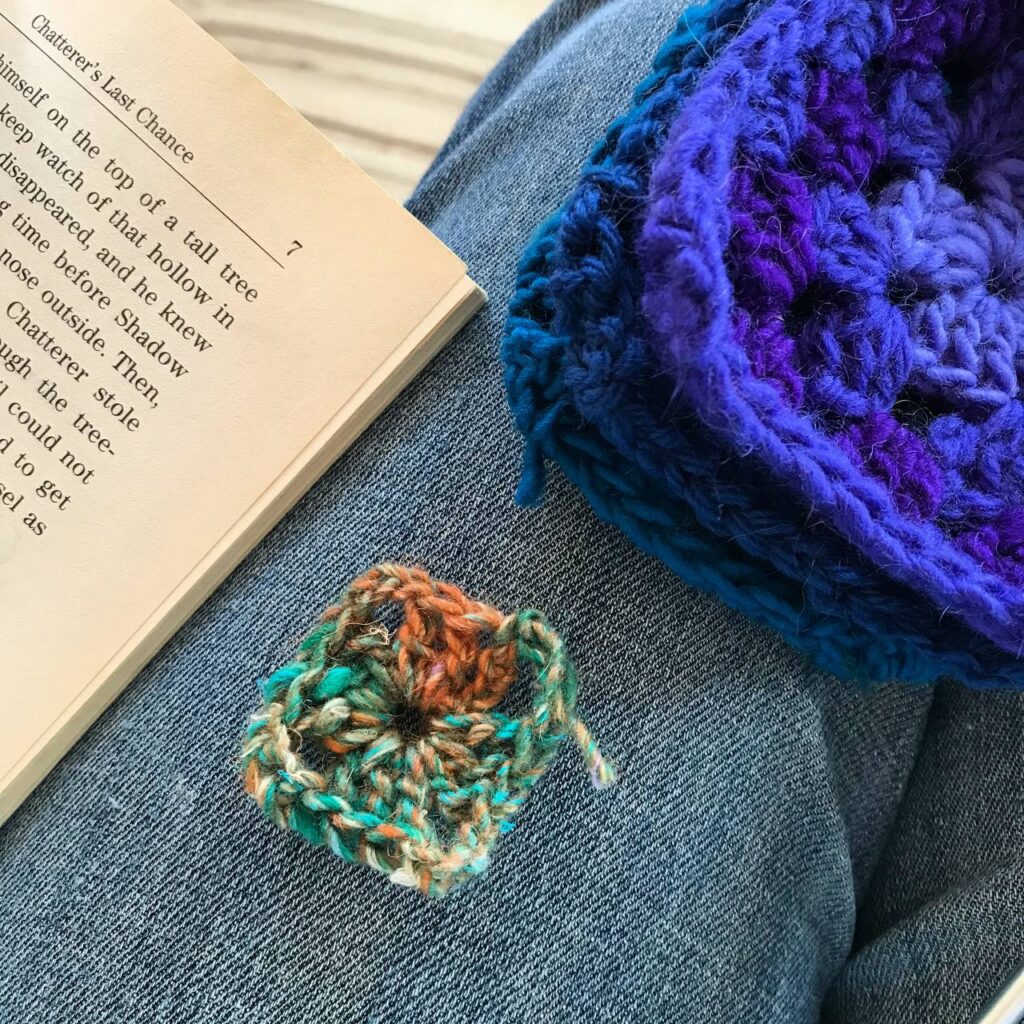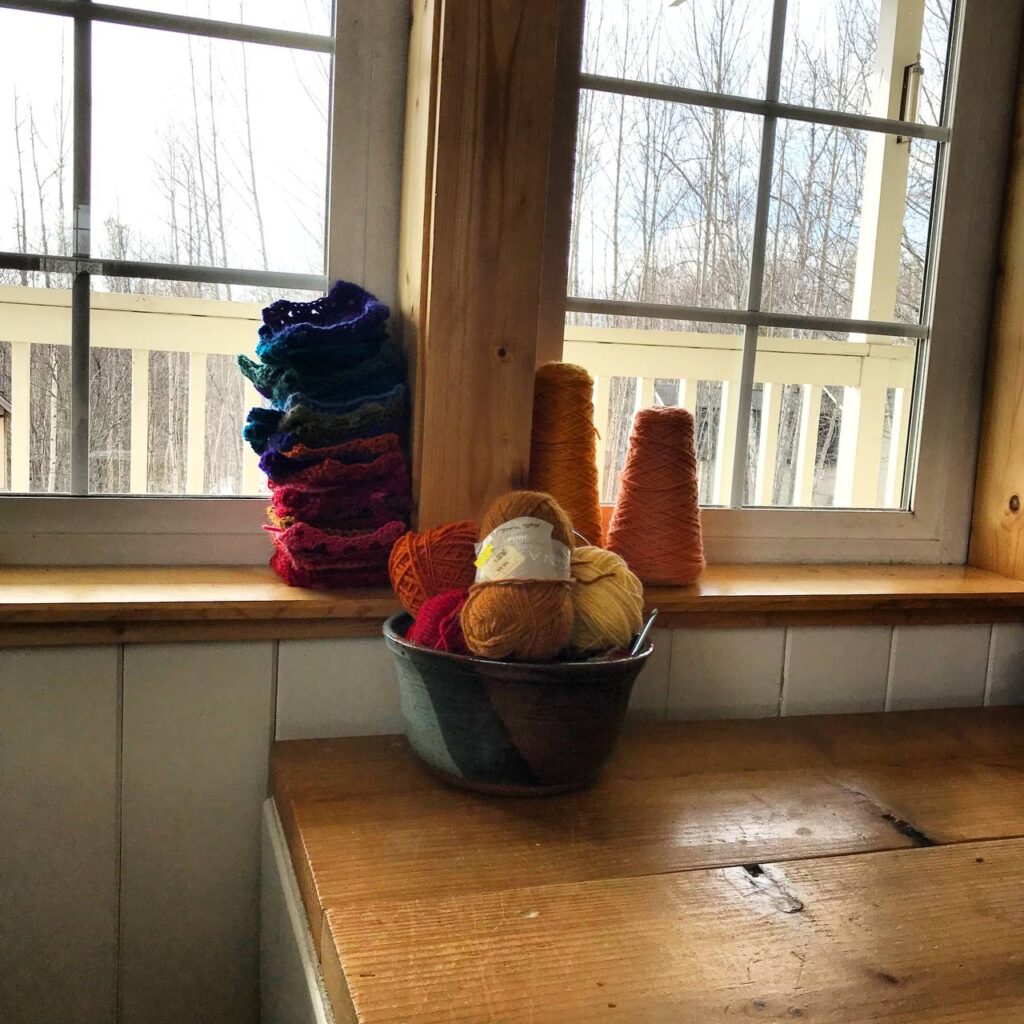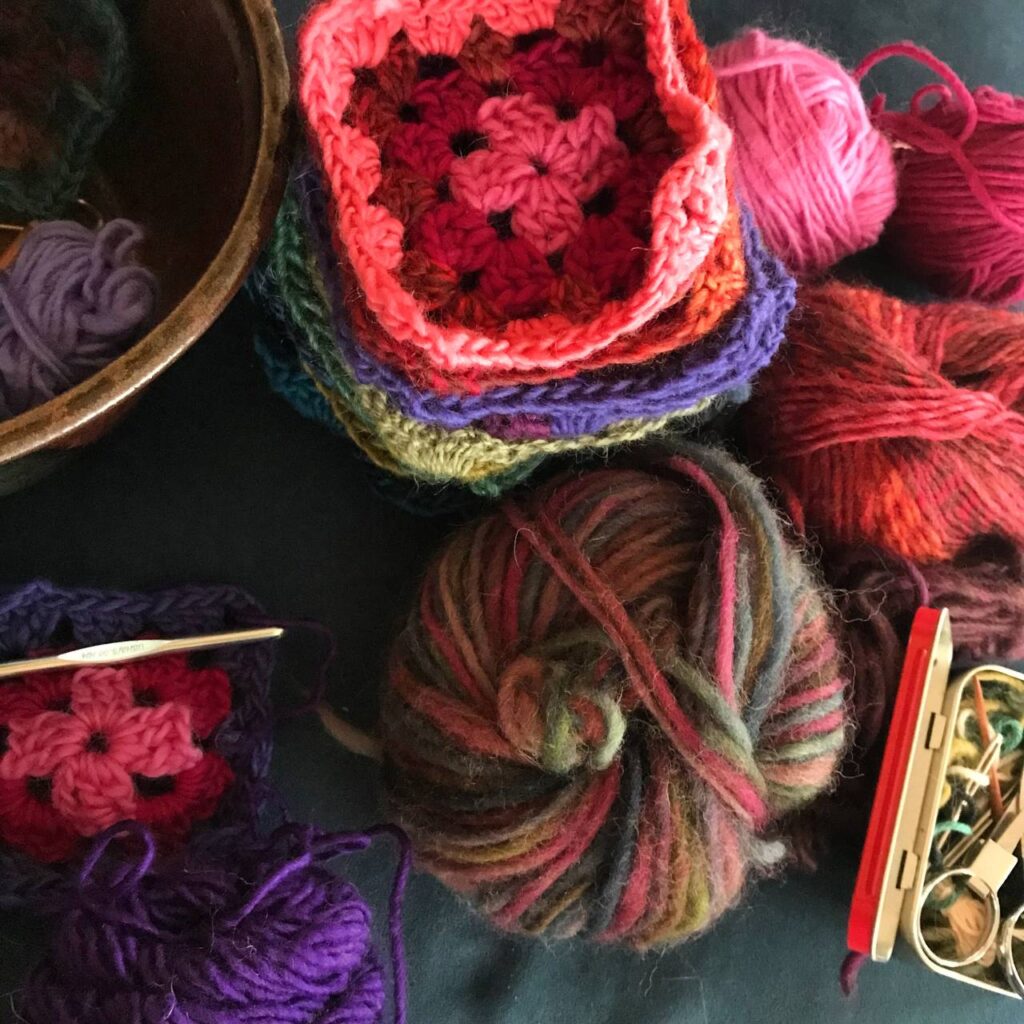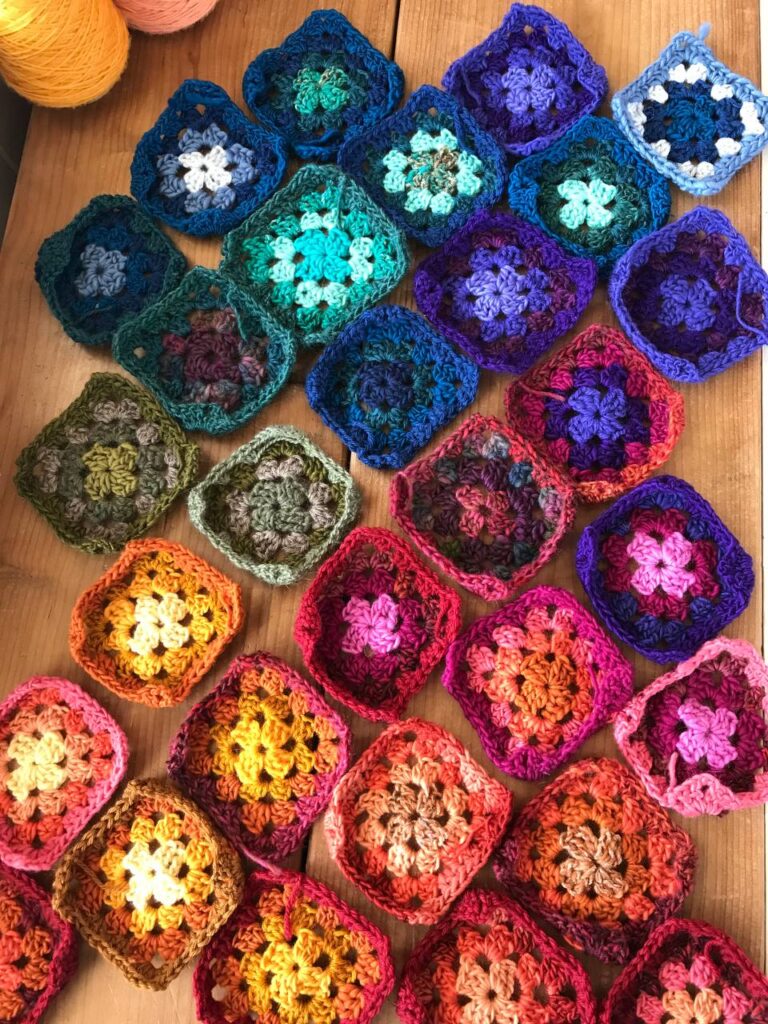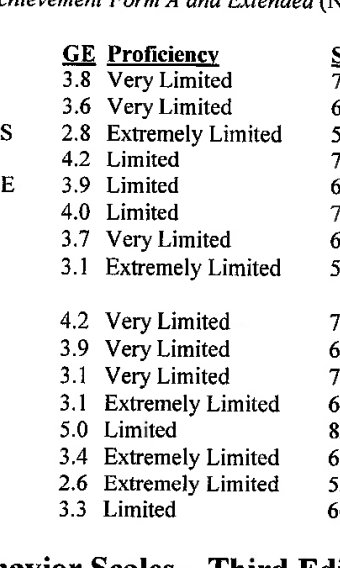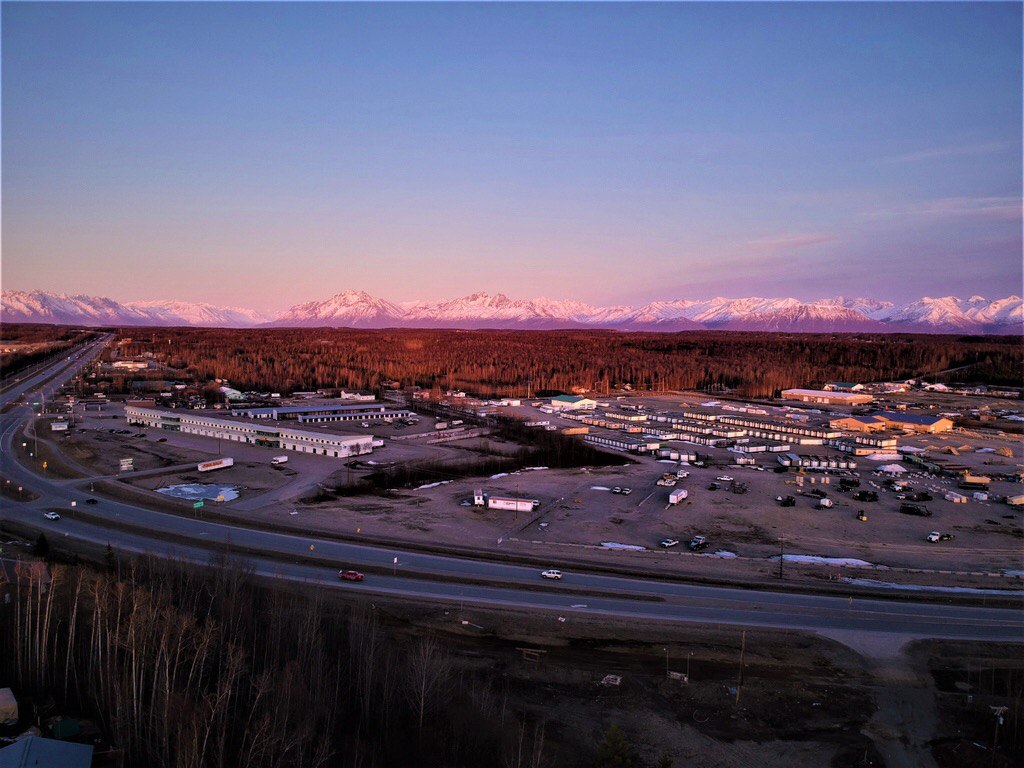I had a dream once where I was speaking to an adoptive mom. I asked about her story and how she was doing, and she tried a few times to speak but finally she just cried.
And I looked at her and said, “You probably need a break.”

It is a word for so many of us. You’ve been going and going, pushing through pain and discouragement and impossible situations, and you are so weary you don’t even have words for it.
You probably need a break, too.
And you might be like, Duh, of course I need a break. If I knew how to take a break I would do it. But do you know my life? There’s no break, no slowing down. No reprieve, no respite, no money, no vacation time.
I get it. Believe me. The need to take a break can feel like one more burden, one more impossible task that you’re failing at and unable to accomplish.
So, here’s the word: The break we need isn’t ours to achieve or figure out. It’s His to do for us.
I am learning that our role in the break — our breaking — is the surrender of the belief that we can and should be able to do everything. I have ran into the wall so many times, feeling like a failure over things I was never supposed to do or control or be responsible for in the first place.
Other people’s choices. The sale of our books. Our kids’ behavior. How people see me. So many things.
Here’s what He’s telling me over and over:
Obedience is doing what He’s told me to do. Surrender is trusting Him with what only He can do.
And it is a breaking of my pride and sense of accomplishment. It’s a good breaking, though.
So maybe you need that kind of a break. Some respite or a vacation would be a good break, too — but that is also His job, and we can surrender to it.
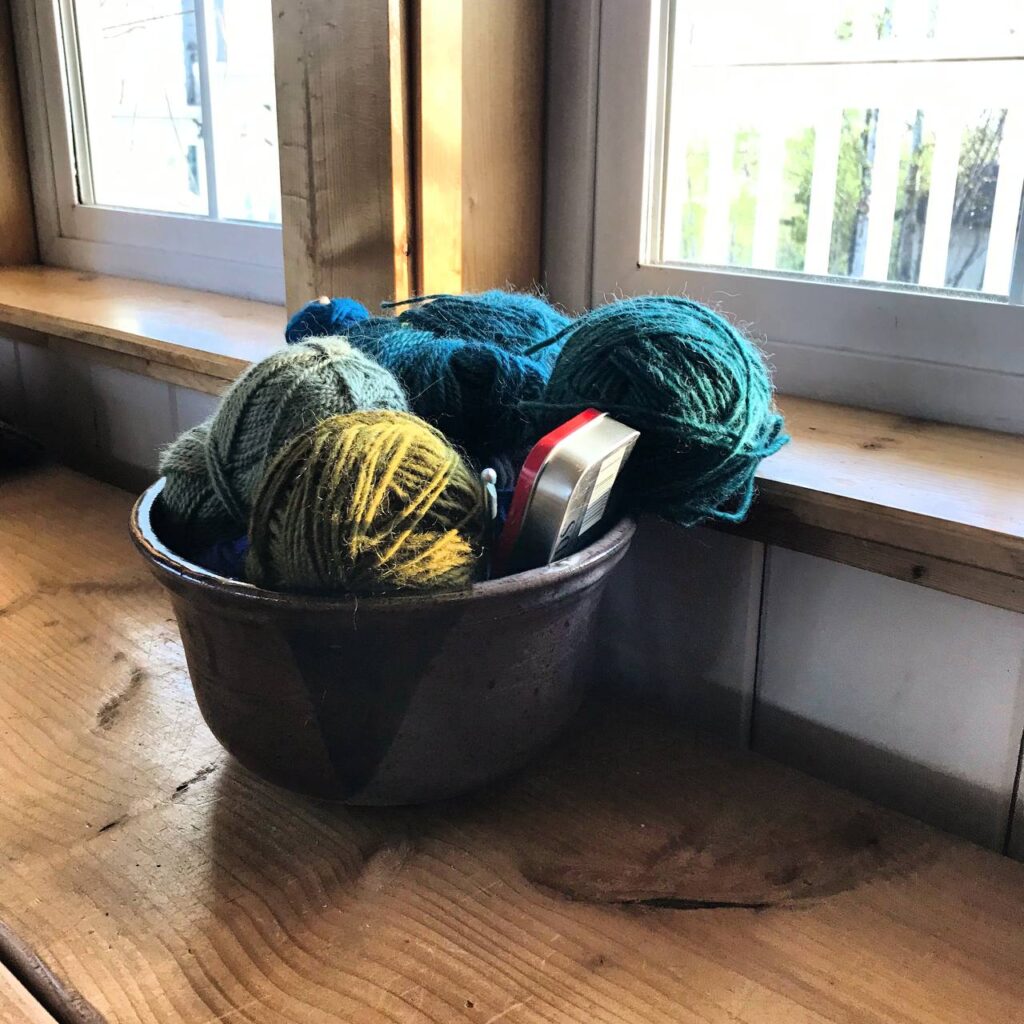
I’ve told you this before: The yarn does nothing on its own. It has to yield to the hands of a maker.
But I’ve been wrestling and relearning and going deeper with this lately: We abide, but He does the work. We seek the Kingdom, but He does the work. We obey in what He calls us to, but He does the work.
But seek first the kingdom of God and his righteousness, and all these things will be added to you.
— Matthew 6:33
It’s all Him — but also, it’s us…but it’s Him!…but it’s also us.
Abide in me, and I in you. As the branch cannot bear fruit by itself, unless it abides in the vine, neither can you, unless you abide in me. I am the vine; you are the branches. Whoever abides in me and I in him, he it is that bears much fruit, for apart from me you can do nothing.
— John 15:4-5
We connect with Him, and we bear fruit, but only because of the Vine. All glory and honor go to Him, but He lets us not only “seek for glory and honor and immortality” but He also lets us have them when we carry the light yoke and yield to His work in and through us.
“Worthy are you, our Lord and God, to receive glory and honor and power, for you created all things, and by your will they existed and were created.”
— Revelation 4:11
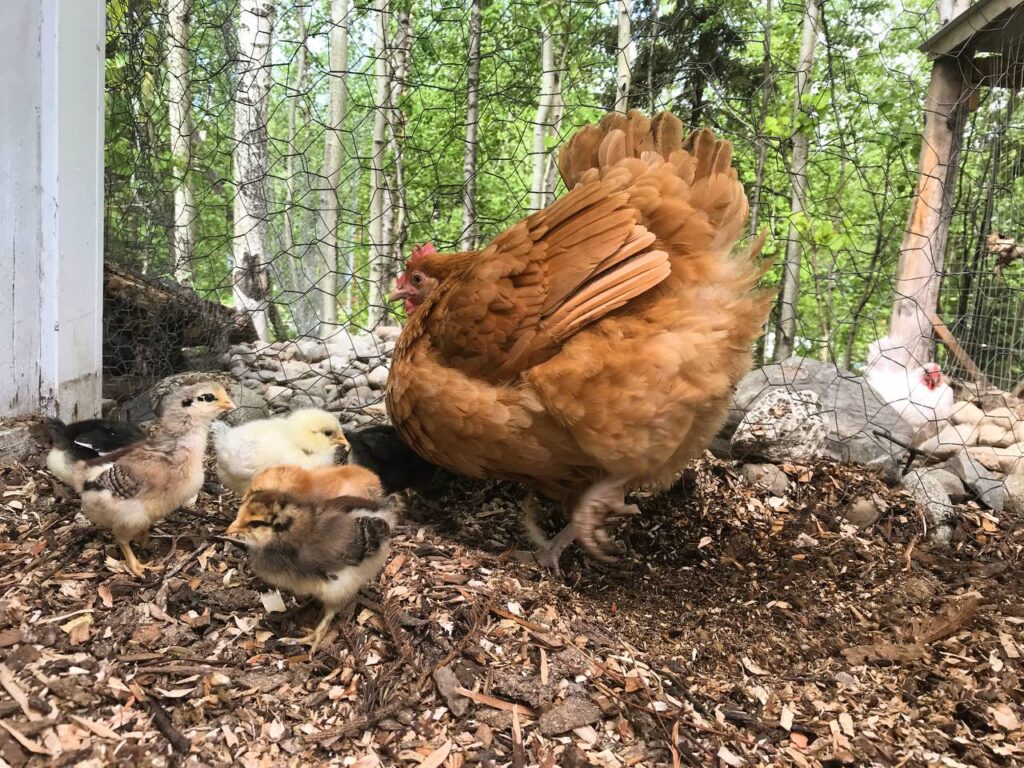
He will render to each one according to his works: to those who by patience in well-doing seek for glory and honor and immortality, he will give eternal life; but for those who are self-seeking and do not obey the truth, but obey unrighteousness, there will be wrath and fury. There will be tribulation and distress for every human being who does evil, the Jew first and also the Greek, but glory and honor and peace for everyone who does good, the Jew first and also the Greek.
— Romans 2:6-10
It’s us but Him but us, with Him.
All mine are yours, and yours are mine, and I am glorified in them. And I am no longer in the world, but they are in the world, and I am coming to you. Holy Father, keep them in your name, which you have given me, that they may be one, even as we are one.
— John 17:10-11
Jesus, free us from fear and anxiety as we walk in the tension of doing and trusting, seeking and surrendering. Protect us from worries, feelings of not-enough, rejection, trauma, insecurities, compulsions or tics, shame, regret, unforgiveness of ourselves or anyone else. All those things go now, in Jesus’ name, and do not come back.
Help us do the work to keep those things gone. You do the work, but help us maintain it by keeping our “temple” clean and inhospitable to the enemy’s attacks. We choose forgiveness. We renew our mind and read the Word. We examine our thoughts and reject those that don’t line up with truth, instead of letting anything and everything that flies into our mind take root.
We pray for Your peace and freedom tonight in waves, for more encouragement than we thought we could experience in areas we’ve been struggling in. We pray for that peace and encouragement and hope in a way that feels solid, steady, growing, something we can grasp onto and not let go of.
Give us all the holy stubbornness we need to be steadfast in the mission You’ve called us to.
Now may the God of peace who brought again from the dead our Lord Jesus, the great shepherd of the sheep, by the blood of the eternal covenant, equip you with everything good that you may do his will, working in us that which is pleasing in his sight, through Jesus Christ, to whom be glory forever and ever. Amen.
— Hebrews 13:20-21
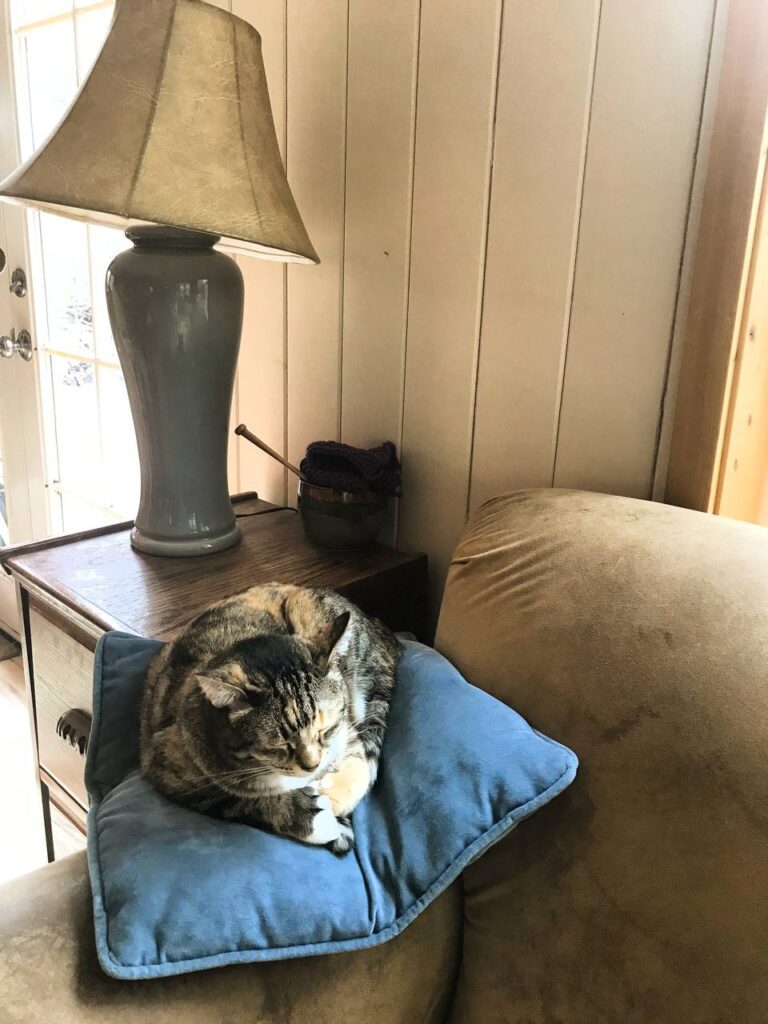
Want the printable version of this post? Here you go:
Looking for more posts like this? Kindling is a series of prophetic devotionals and encouragement to relight your fire in the places it’s gone out. They’re all right here. Or subscribe to get everything right to your inbox.

